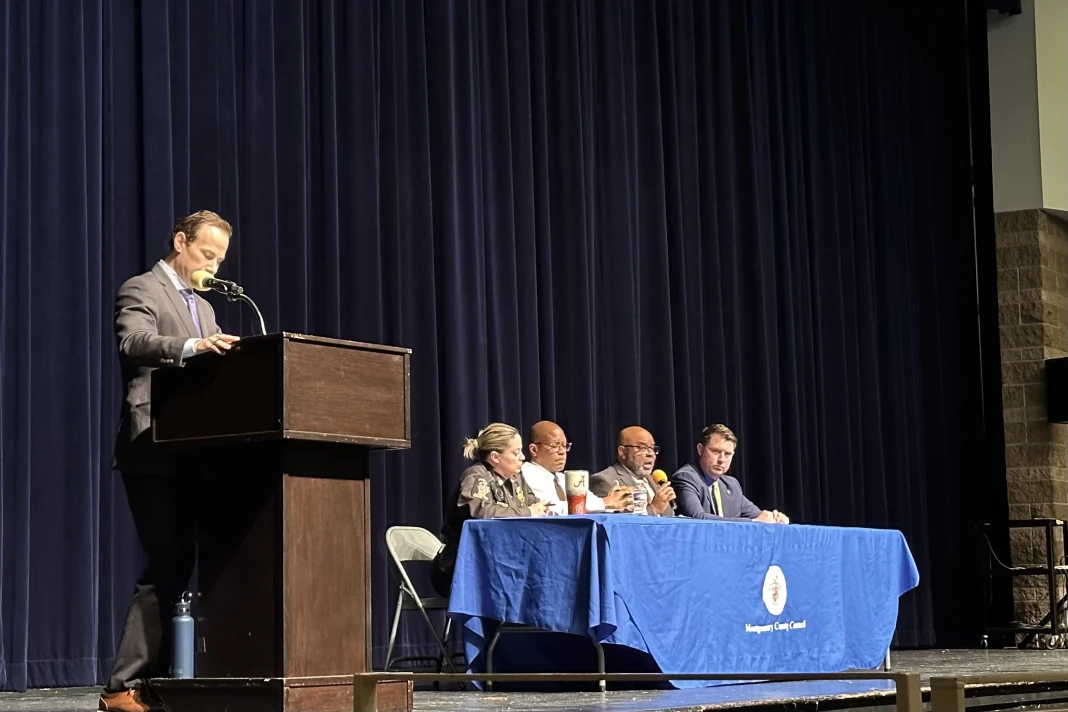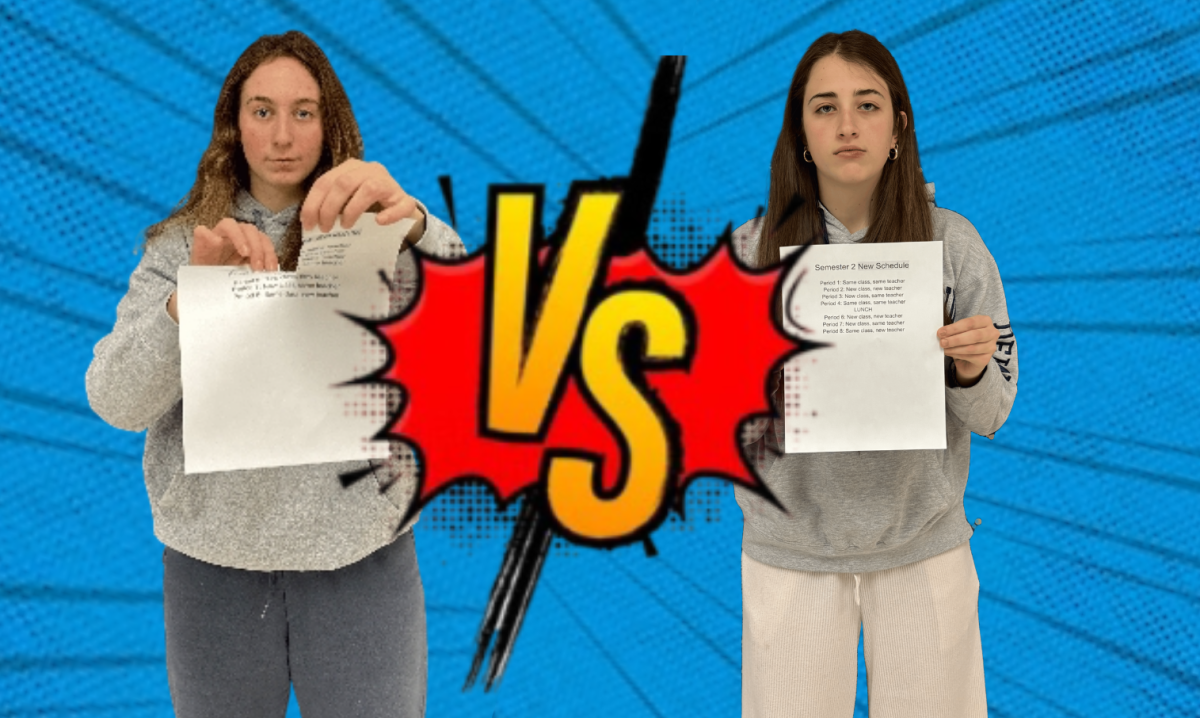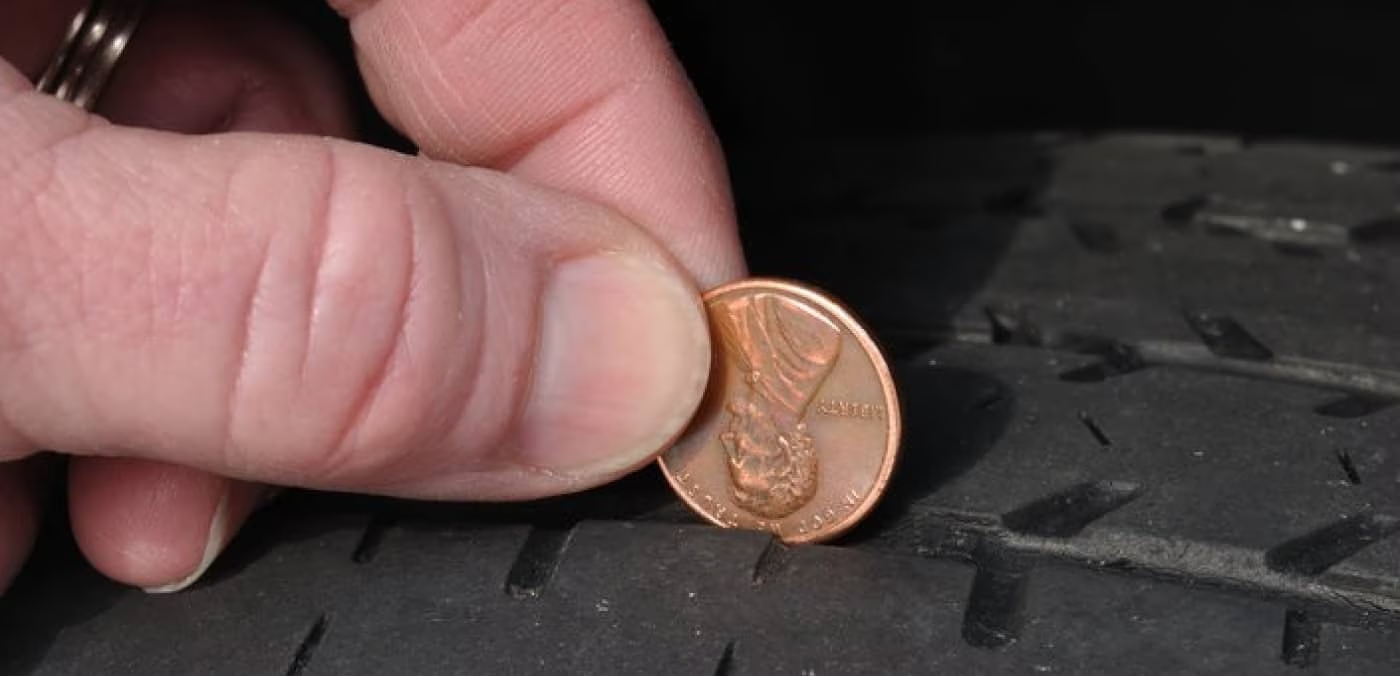Ever since the days of Fast Times at Ridgemont High, Dazed and Confused and now Project X, parties have been a staple of high school culture. Many students in this area have adopted a “work hard, play hard” philosophy, and attending parties to alleviate stress falls under “play hard.” Occasionally, one of these parties gets busted and many of the underage drinkers present will receive citations for underage alcohol consumption.
When the student drinker is a minor, this citation is manageable because it will get expunged from the minors’ record when he or she turns 18, according to Maryland’s Department of Public Safety and Correctional Services.
However, unnecessary problems arise when public schools attempt to intervene and punish students for actions that occurred outside of school.
The current MCPS citation punishment policy is flawed and needs to be changed. The policy allows principals to decide whether they want to punish students for citations received outside of school, and the policy should not give schools the authority to punish actions that occurred in environments unrelated to school.
Since MCPS students attend public school for free, they do not enter into a binding contract with schools the way that students attending private schools do.
Unless a student signs some sort of contract stating that they will not consume alcohol or drugs outside of school, such as the ones that are common for athletes to sign before a season, then the school should not be able to punish students for drinking citations received outside of school.
Even if a student-athlete does sign a contract, a student’s punishment should be at the discretion of the coach, not the principal. There must be some sort of separation between students’ lives inside of school and out of it.
Additionally, punishing a student who receives a citation outside of school is counterproductive. If a student receives a citation and is then punished by not being allowed to participate in an extracurricular, then the school is limiting one of the student’s healthy alternatives to drinking and drugs. Schools should be encouraging, not inhibiting, student participation in extracurricular activities.
While drinking in high school is not legal or healthy, it is a facet of high school culture that administration needs to accept as a reality. Regardless of the potential consequences for students, the drinking will not stop. Instead, students will look for ways to beat the system and act out against the school.
If schools look to punish students for citations, then students will blame schools for any trouble they find themselves in and will look to cheat the system. However, if schools leave enforcement to the police, then the student will settle the conflict without ever involving the school. This ensures a better and more uniform school policy, maintains better relations between students and school administrations and keeps students’ private lives private.
According to Principal Joan Benz, CHS’s particular approach to citations is hands off, and it has worked very well thus far. Unless a drug or alcohol offense occurs directly on the school grounds, the school will not involve itself in the lives of students.
If a school’s policy is to punish students for unrelated citations, then it is exhausting for the administration as well. It puts them in a situation where they are responsible for the actions of students all the time. Not only is this an added stressor for students, it is also one for administration and takes away from other important issues.







